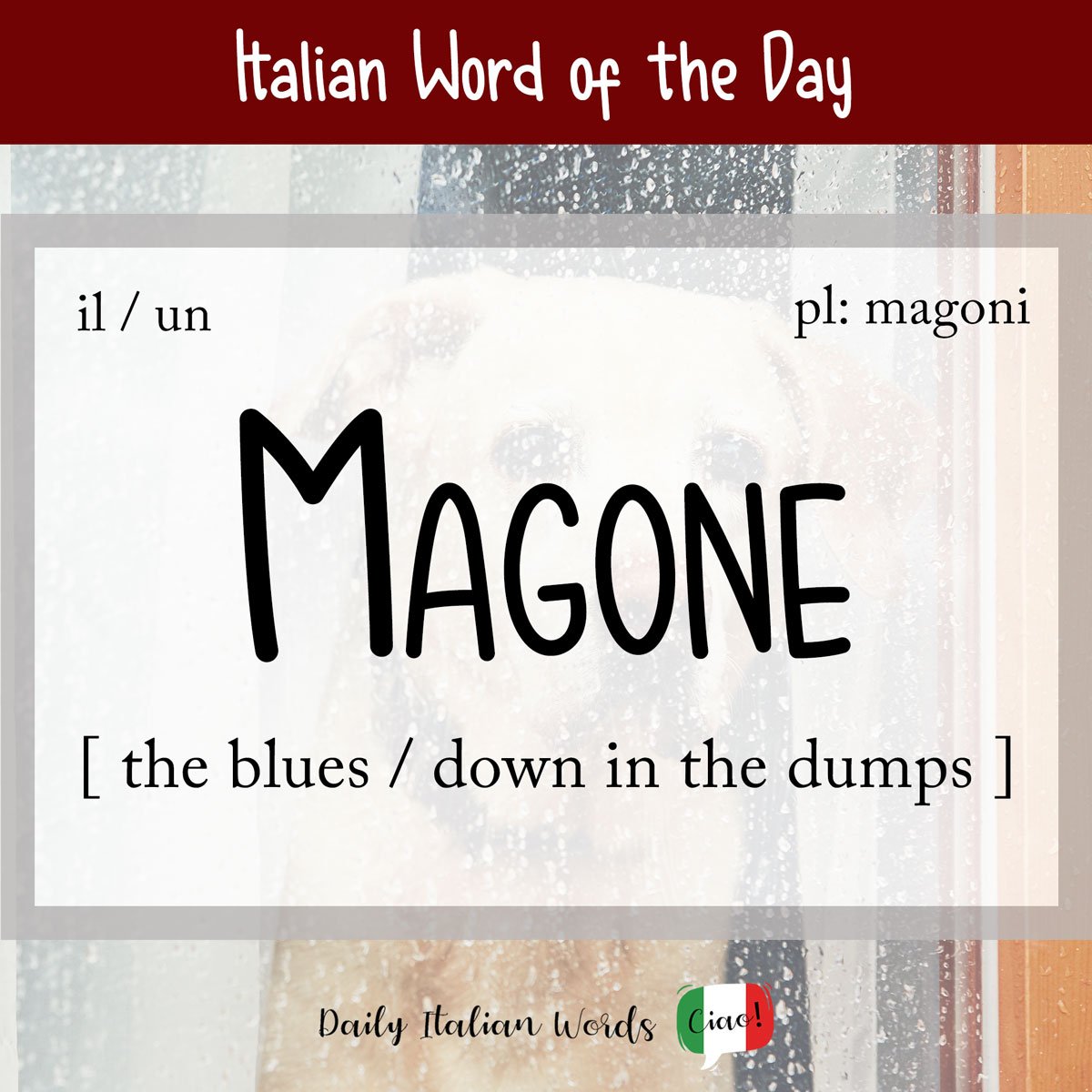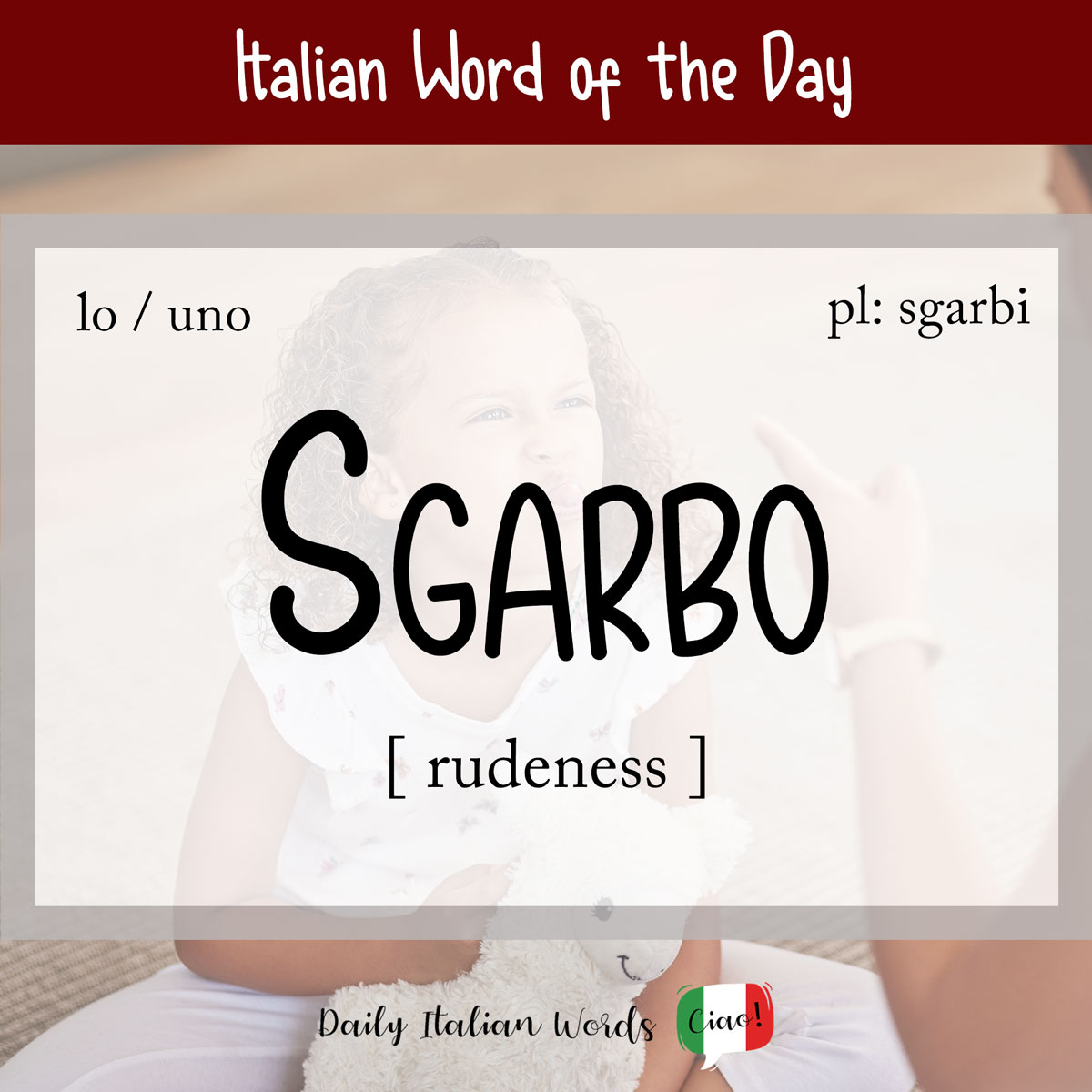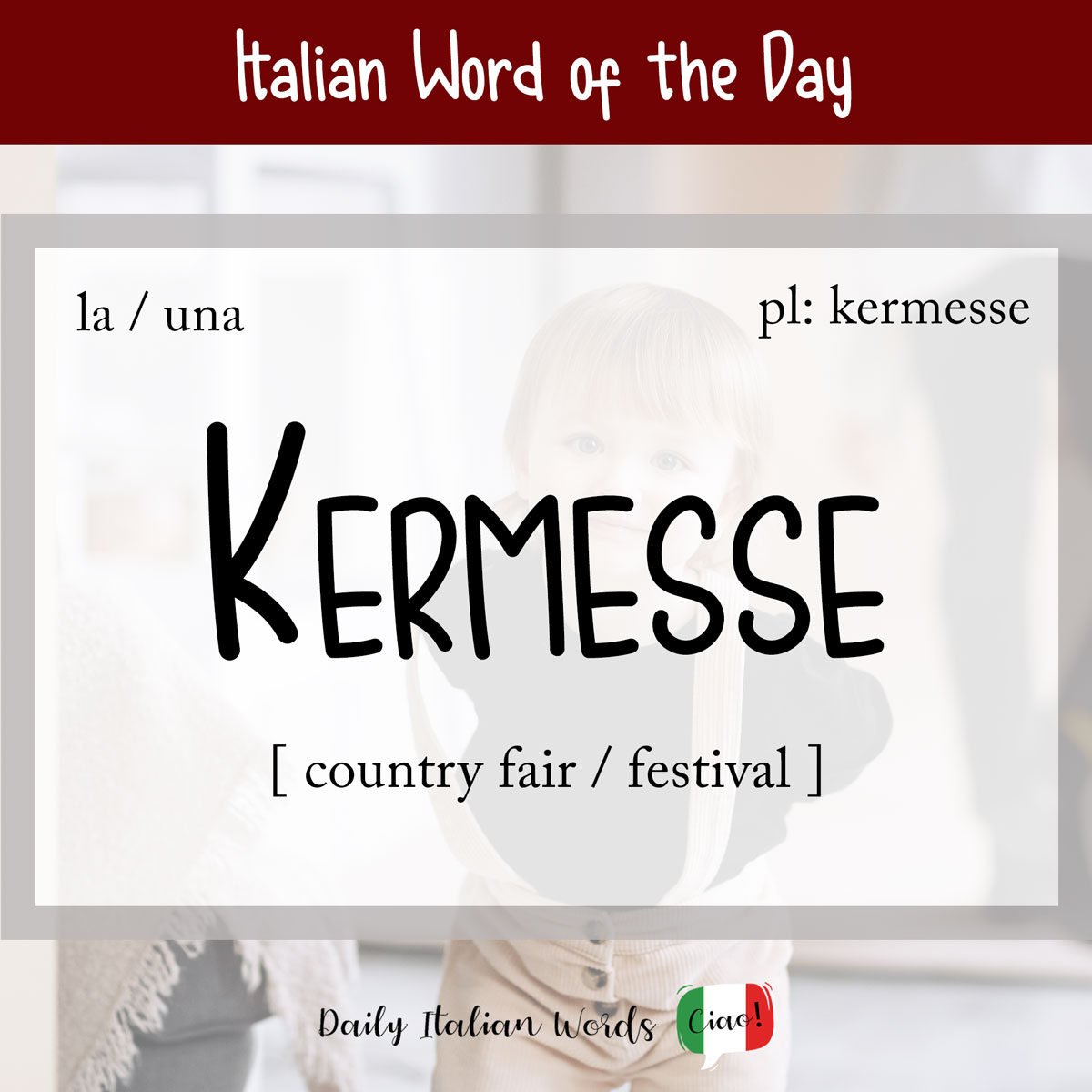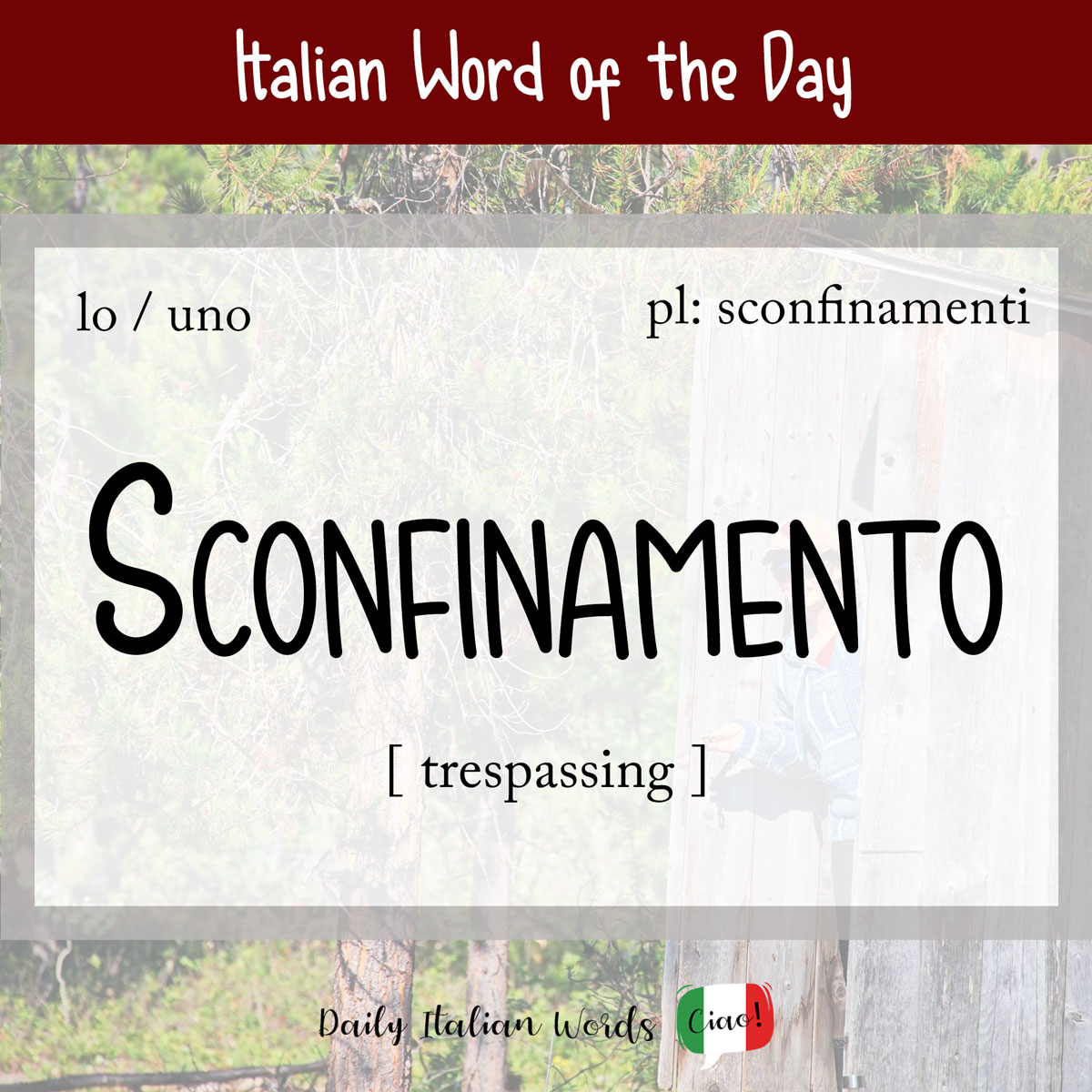Italian Word of the Day: Scervellarsi (to rack one’s brains)
Have you ever found yourself racking your brains trying to find the answer to a problem? Then today’s verb is for you! Scervellarsi (to rack one’s brains) is made up of the noun cervello (brain) and the prefix s- which in this case denotes the absence or loss of something. About the pronunciationThe combination of …






